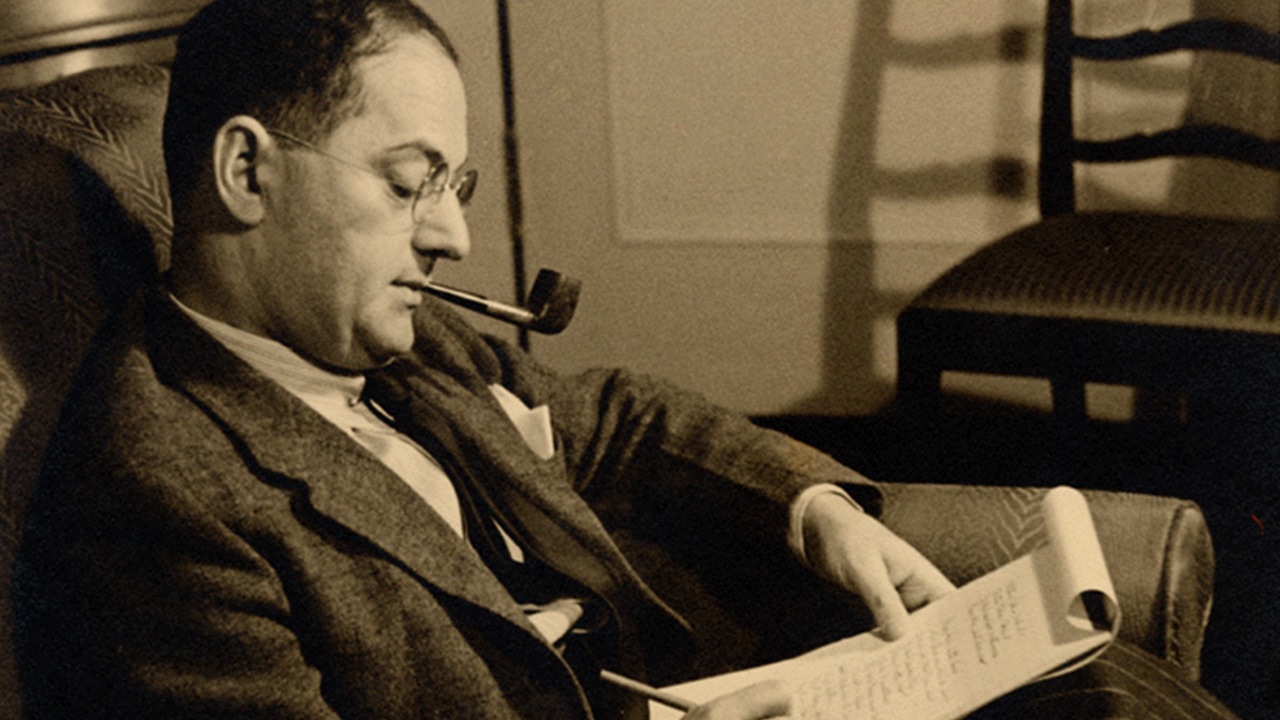Remembering Oliver Knussen
Oliver Knussen, the influential British composer, conductor, and teacher passed away last Sunday. He was 66. As a conductor and teacher, Knussen will be remembered for his associations with Tanglewood (where he served as head of contemporary music activities between 1986 and 1993), the Aldeburgh Festival, the London Sinfonietta, and the BBC Symphony Orchestra, among other organizations. In a 2005 San Francisco Chronicle interview, Knussen talked about his life in music, including his aversion to composing up against deadlines. …






